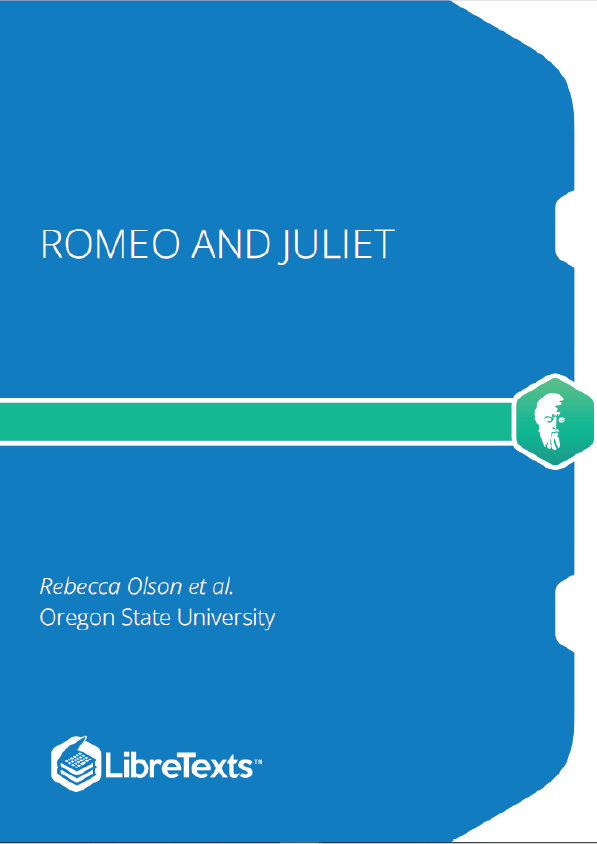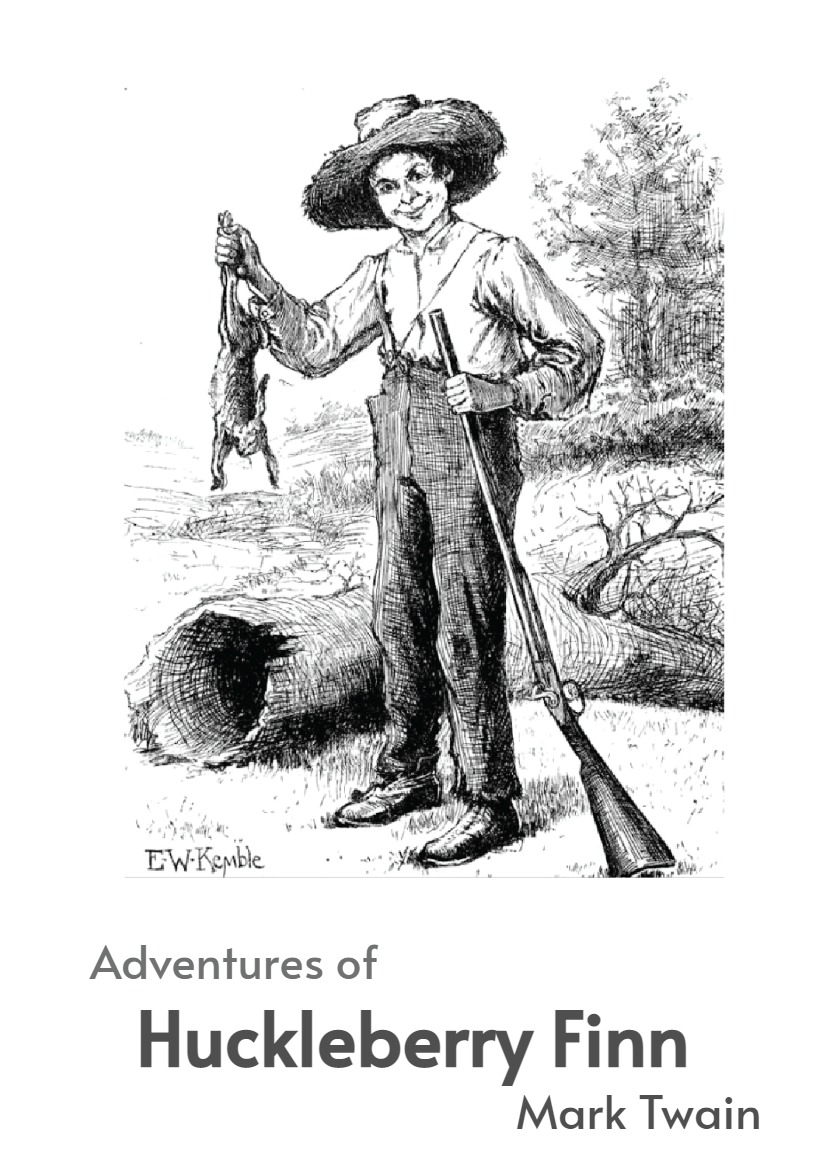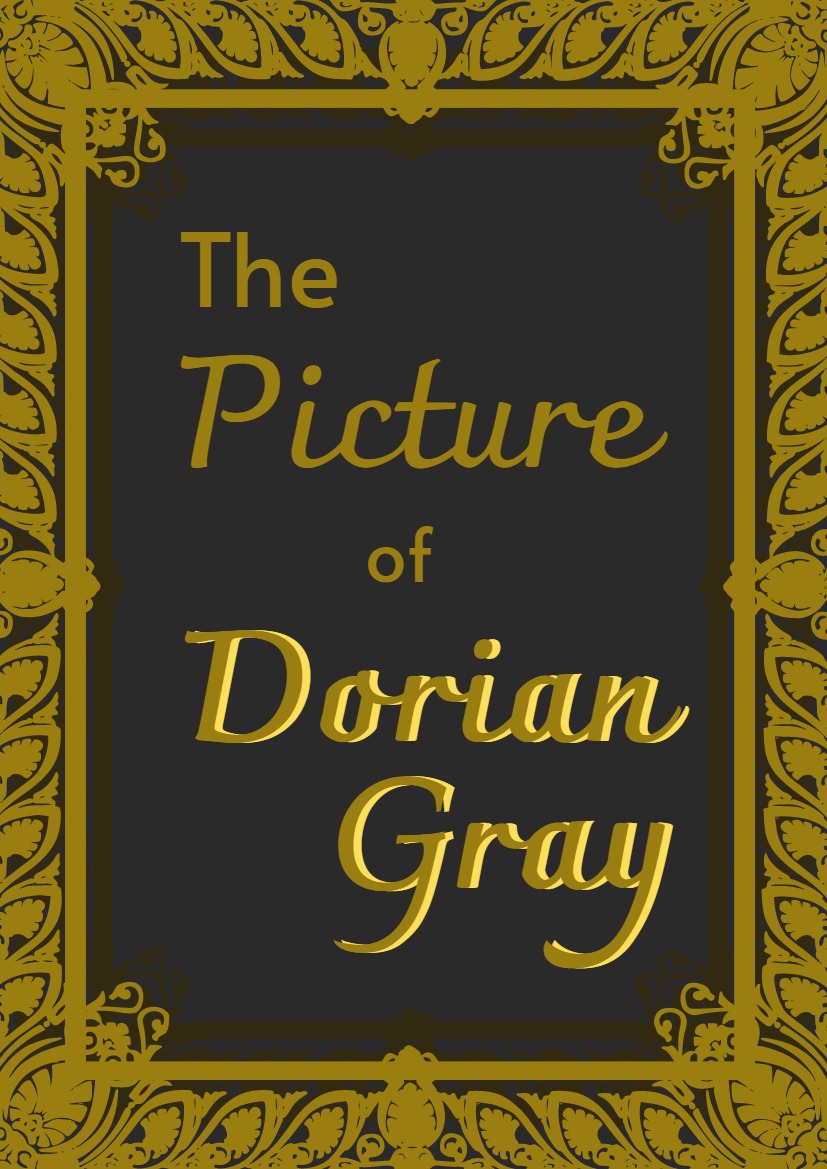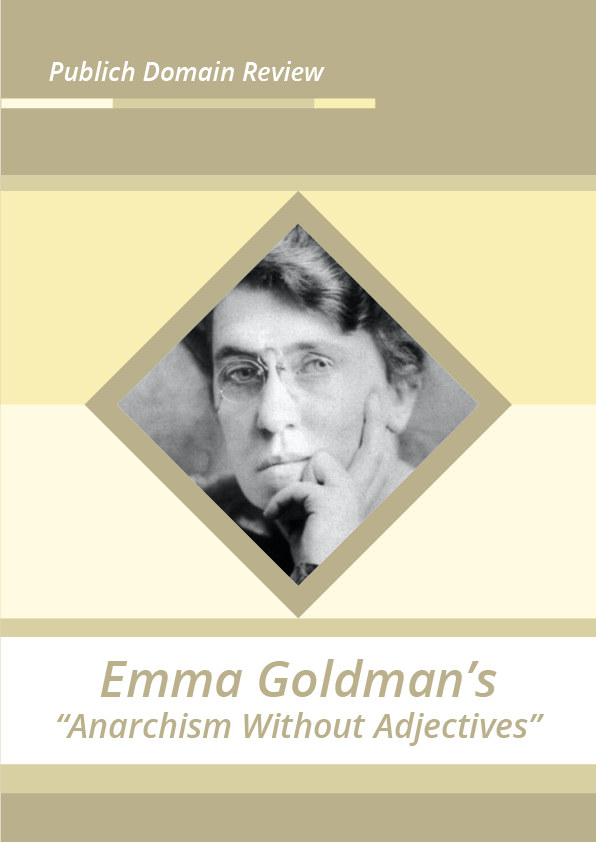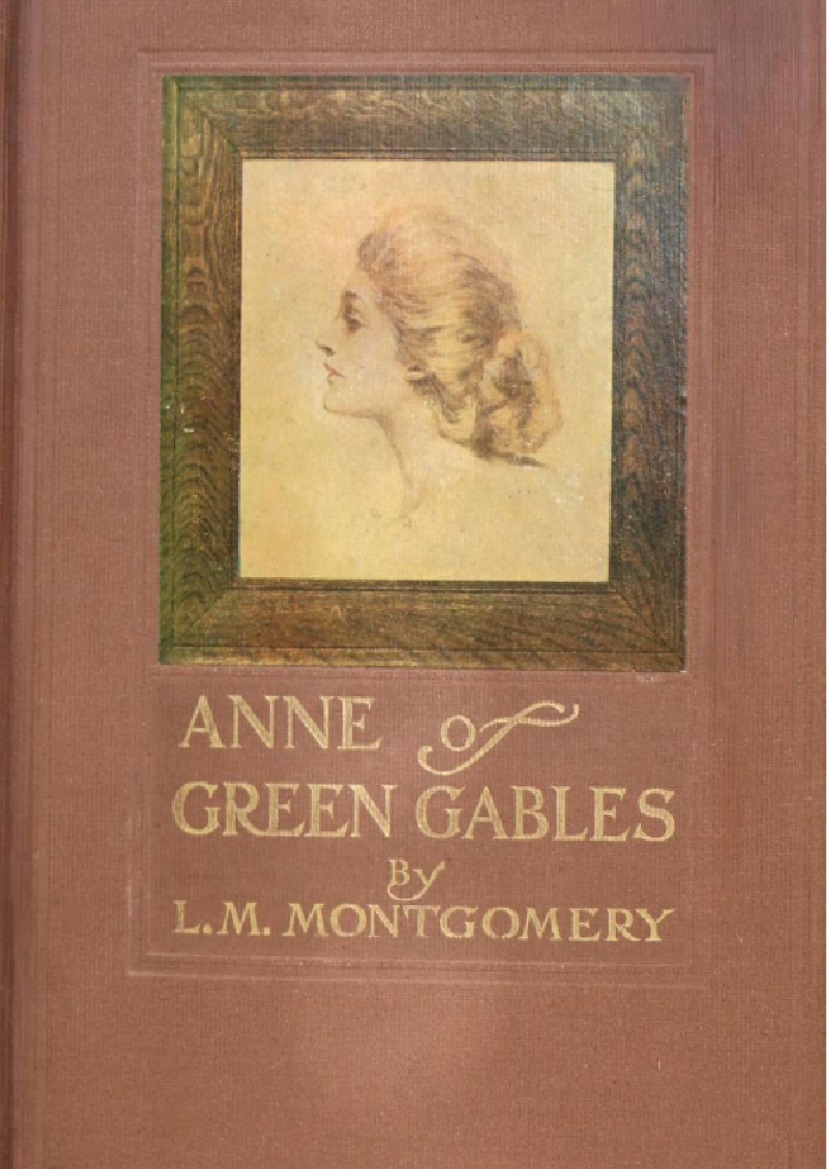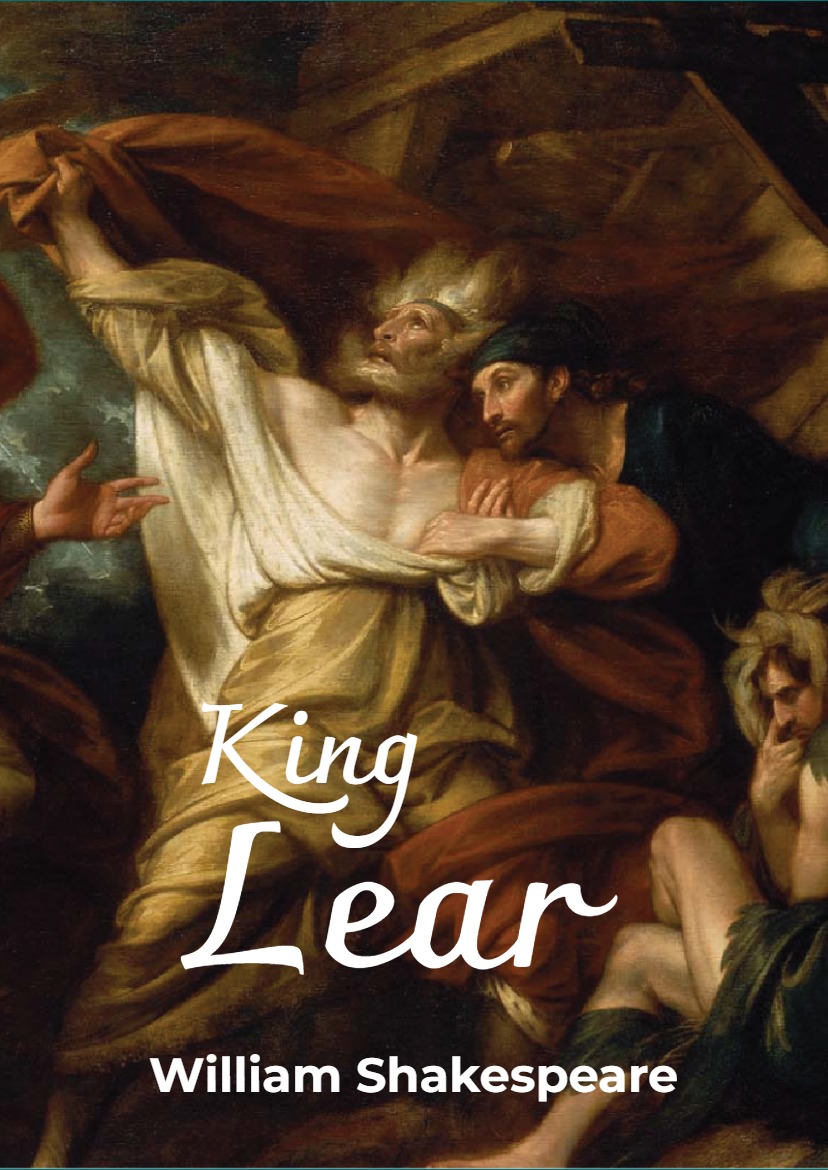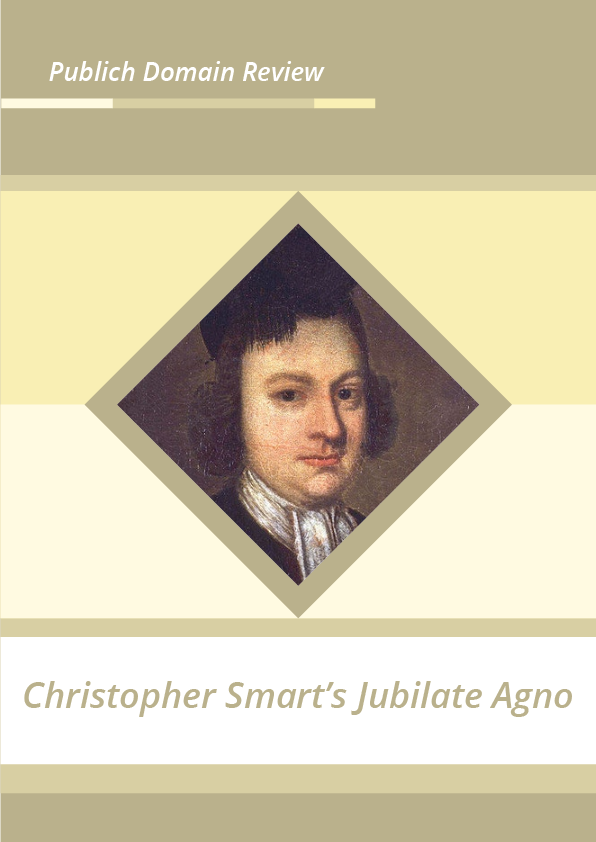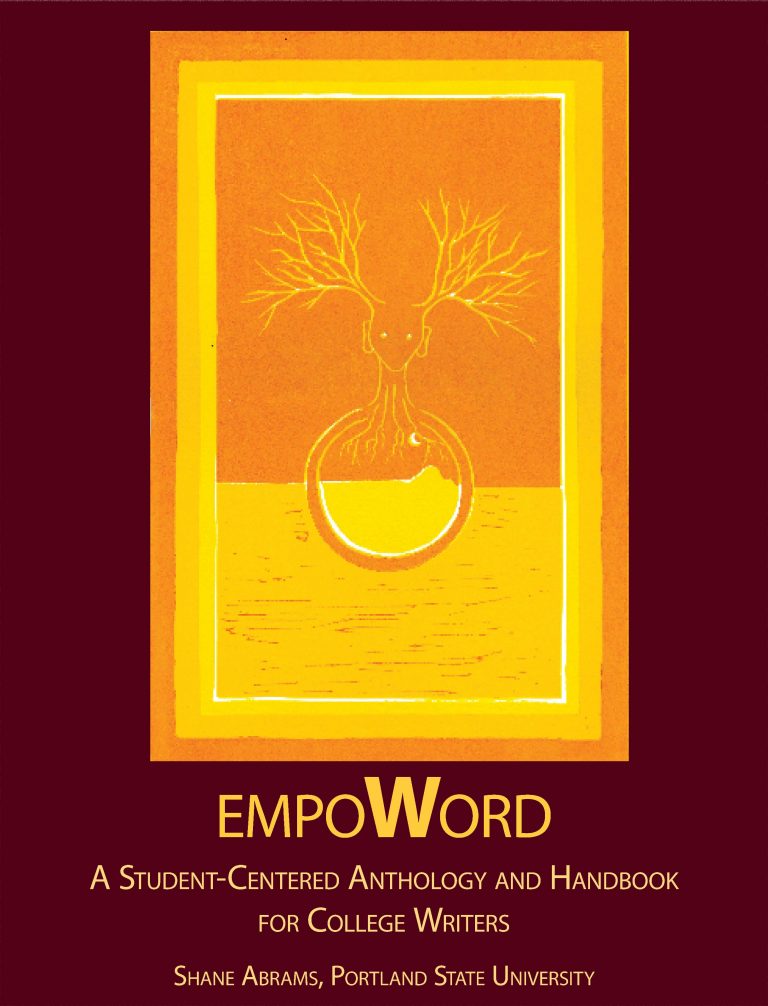Shakespeare is largely considered to be the greatest writer in the English language. Though we may find his writing an eloquent maze of prose today, we must remember that he was writing to every class and creed. 400 years in the future, a literary scholar may marvel over the complexity of rhyme and rhythm of a Jay Z song as we marvel over Shakespeare’s Sonnets. In his lifetime, William Shakespeare wrote thirty-nine plays, most of which are still read and performed today. Romeo and Juliet is one of the best known, and yet Shakespeare did not invent the story. The tragic tale of two star-crossed lovers existed for a few hundred years before Shakespeare took a stab at it, and audiences in the early modern era were familiar with the story before setting foot in the theater. It might seem surprising to modern audiences that this story wasn’t treading any new ground at the time of its “conception,” and some might wonder why the brilliant and mighty Shakespeare might have retold a story whose twisted ending came as no surprise to its audience. Shakespeare apparently felt driven to write the narrative all over again, and something about his version impacted audiences so intensely that it is today considered one of the greatest stories ever told. Why is it that Shakespeare’s version affected his audience deeply enough that it is still firmly lodged in the literary cannon? What about this story is so enduring? And most importantly: why is it so popular?
The time period in which Shakespeare’s Romeo and Juliet debuted was one of particular distress and turmoil. At the time, England was ravaged by the Bubonic Plague, which had a fatality rate of 50%. Theaters were closed during mass outbreaks, which likely impacted Shakespeare financially, since he lived off the revenue from theater admissions to his plays. England was also in the grips of the Catholic-Protestant divide, which often erupted into violence. Romeo and Juliet was written, directed, and enjoyed during a time characterized by fear, tension, and disease, effectively making it a play for people of any era, who grapple with their own catastrophes and terrors. The role of theatre and literature (in society at large. and in…ahem…classrooms) is hotly debated, and we cannot claim to have a definitive answer to this age-old question. We can, however, assert that the endurance of plays such as this one speaks to their ability to move people, to speak to them in ways that inspire their preservation through the ages. And so, we became inspired to make this age-old classic more readily accessible to you, both in the digital format that has made its way onto your screens, or paper copies that you hold in your hands, and in way that the content has been carefully collected and presented.
